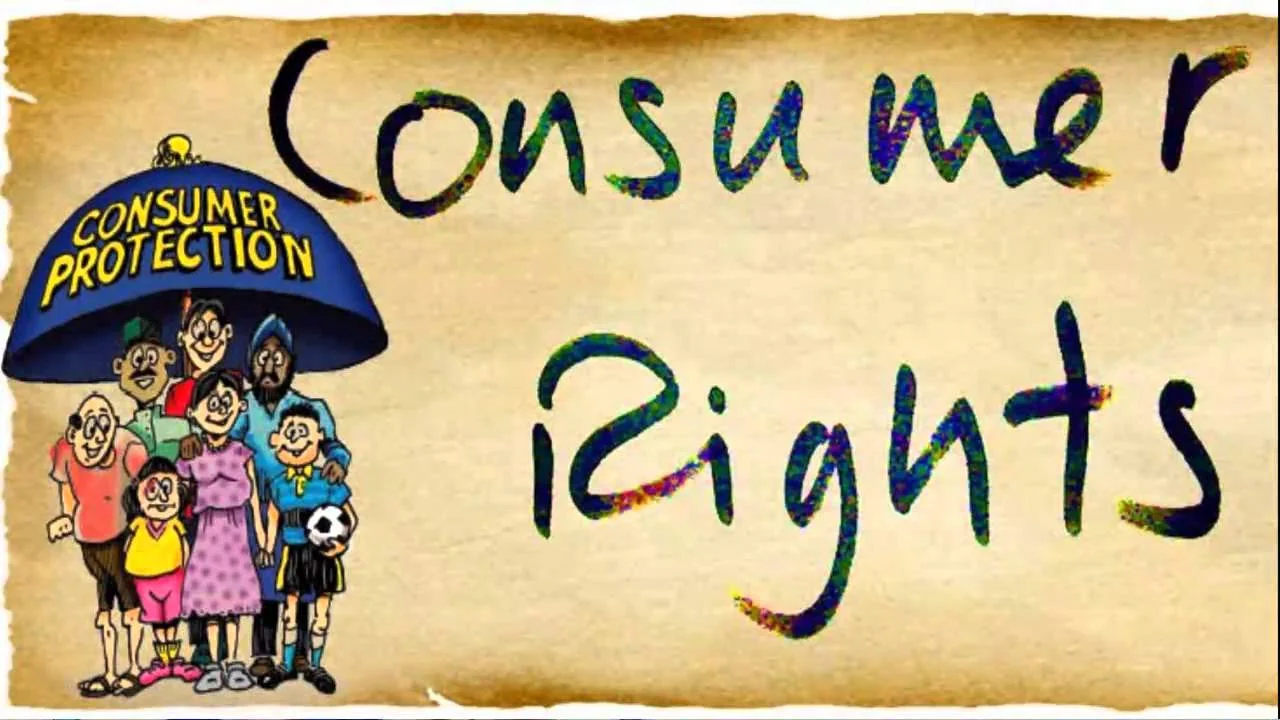When it comes to comparing bankruptcy vs debt settlement, it is important to be aware of the possible effects each potential solution produces. Trying to decide which one to opt for can be overwhelming, especially when you are living with the stress of excessive credit card debt.
And now you are at a point where something must be done. What option do you have?
- To file bankruptcy
- Settlements with your creditors.
Neither option is perfect as each has pros and cons of its own. Well, each individual faces different circumstances, so your ultimate goal is to choose that solution which has more upsides than downsides.
So, without much further ado, let’s place all the cards on the table.
The first and the foremost advice we can offer you is to try and assess things objectively. Meaning, consider the facts first before making an emotional decision.
Easier said than done. No offense, but try to ignore all your natural instincts and you’ll be fine because following these instincts have made you land here, in this horrible situation. Haven’t they?
Jokes apart, bankruptcy is a serious matter. So if you are even thinking about filing bankruptcy? First, get complete information here.
We have prepared a list of the pros and cons of bankruptcy vs. debt settlement to help you decide between the two.
Bankruptcy
Pros:
- Upon filing bankruptcy, your creditors and collection agencies get immediately notified and they cannot contact you after this.
- If a lawsuit has been filed against you by your creditor or collection agency, then a bankruptcy filing will stop that legal action from proceeding.
- Bankruptcy puts a halt to wage garnishments.
- In case you get qualified for Chapter 7 bankruptcy, then there is a chance that all of your unsecured debts can be discharged. Gone like the wind.
- If Chapter 7 hasn’t been your friend, you can still get qualified for Chapter 13 bankruptcy, where you could be up for a court-approved payment plan (usually 5 years) that too within your budget.
NOTE: The bankruptcy laws were revamped in 2005, making it difficult to be qualified for Chapter 7 (liquidation of all the debt). Thus, more people only get qualified for Chapter 13 (partial debt repayment) where a court-appointed trustee oversees your finances for the appointed years.
Cons:
- You must appear in Federal Court at least once for a hearing if you file bankruptcy.
- In accordance with your situation, the court may need a court-appointed trustee to be in command and administer your estate.
- Bankruptcy is meant to be included in the public record for anyone to see, including future employers.
- Bankruptcy can prove to be problematic if your current existing job demands a security clearance or background check.
- A bankruptcy can rule on your credit report for almost a decade.
Debt Settlement
Pros:
- Filing bankruptcy can be avoided. No court appearance before a bankruptcy judge.
- Your financial situation is not made public.
- In case you qualify, you can obtain significant debt relief.
Cons:
- Only valid for unsecured debt.
- You have to face awkward collection calls and receive letters during the process of debt negotiation.
- There is no particular outcome fixed. (But, you can get a fair idea of your chance of success by getting in touch with a debt settlement professional).
- One or more of your creditors can possibly sue you.
- Your credit rating will be highly devastated. You can treat this as a trade-off for getting substantial debt relief without filing for bankruptcy.
So, what is the final deciding factor?
There is no doubt that most (sensible) people would try their best to avoid filing bankruptcy. But the actual question that arises here is why do you think that is?
The answer might be surprising to you.
After countless consultations with prospective clients over the years, We can say this with confidence that it all comes down to just 2 simple words – Personal Responsibility.
It doesn’t matter what the reasons are, but a majority of people do feel bad about owing the money and not able to pay it back as intended.
No doubt, there are “professional scam artists” who have no intentions to pay their bills, but they are the minority.
The vast majority is honest and good people who accept their financial commitments and want to keep their promises for debt repayment. Unfortunately, life can be harsh sometimes and throw unexpected circumstances at you, which are beyond your control, making it really difficult to repay your debts.
Well, stuff happens. You’re not alone.
Your key agenda should be just doing your best.
If you can’t pay back your full debt, just pay back whatever you can, even it is for less than your complete balance. In case you feel that you have too much on your plate, then there is always the option of getting the professional help of debt relief services.
We hope that you have gained some more clarity to help you with your decision.



Leave A Comment